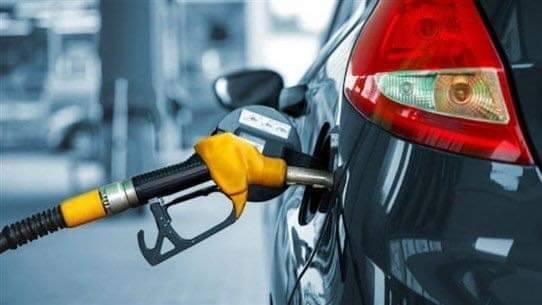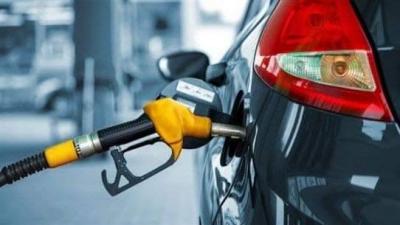If the Central Bank of Lebanon continues at the same pace in withdrawing support for gasoline through “Sayrafa,” which began gradually on August 3 at around 15% weekly, we will witness the final removal of support for fuels within three weeks, unless there is a desire to prolong the withdrawal period, as this measure is not bound by a specific timeframe. Thus, the price per liter will be 100% according to the black market dollar exchange rate, which fluctuates and achieves record gains, the latest being 34,500 Lebanese pounds, due to the ongoing chaos and the lack of any positive outlook for the near future with the approaching presidential elections. This "entitlement," which will bring the gasoline sector into the realm of dollarization, will have a significant impact on the citizens' wallets and will cause confusion in the market.
George Brax, the head of the Gas Stations Owners Syndicate, told "Nidaa Al-Watan" that “when support is completely lifted, the price of a gasoline liter will be in cash dollars or at the market exchange rate in Lebanese pounds, but the dilemma lies in the pricing issued by the Ministry of Energy and Water, which is defined and issued in Lebanese pounds.” This is similar to how the price of a liter of diesel is sold, which is also published in a fuel price table calculated in Lebanese pounds according to the exchange rate adopted at the time the table is issued. This has led to discrepancies in the selling price at stations even in U.S. dollars, as some stations price a liter at $20, others at $21, and a third at $23. Brax noted that “the ministry has never accurately set the diesel price according to the real dollar exchange rate or the buying price, hence the scarcity at stations in selling diesel.”
As for gasoline, it is heading down the same problematic path, with Brax stating: “There can be no rationing of this material; the ministry must find an appropriate solution mechanism. We have presented several proposals, the first is to issue a fuel pricing table in dollars and allow payment to be made in Lebanese pounds or dollars according to consumer preference.” He pointed out that “the timing of lifting support for gasoline comes after a decline in global oil prices, causing the local price per liter to fall from about 800,000 pounds to around 500,000, especially given the depletion of mandatory reserves at the Central Bank of Lebanon.”
On the other hand, the gas sector faces the same pricing dilemma. Fares Zainoun, the head of the Syndicate of Gas Workers and Distributors, previously urged the Ministry of Energy and Water to issue a pricing table that includes gas early on, for sale at the revised price, as he explained to "Nidaa Al-Watan." He stated that “distributors sell in the morning at a low dollar price, and when the ‘Energy’ table is issued, they incur losses when buying dollars at a higher price.” Regarding proposed solutions apart from dollarization—since issuing a pricing table by the Ministry of Energy in U.S. dollars is illegal—Zainoun said: “Issuing the table in dollars is the solution; if a gas cylinder is priced at $10, we are unaffected regardless of exchange rate fluctuations throughout the day.” In case achieving this request proves difficult and violates existing laws, Zainoun clarified that the only solution is “to issue two tables a day, the first early in the morning and the second in the evening, noting that this mechanism will ‘confuse’ people.”
In the face of this troubled reality, the Lebanese consumer remains the only powerless element in a country where the ruling system preys upon the poor in their basic daily needs without paving any path towards implementing reforms.




